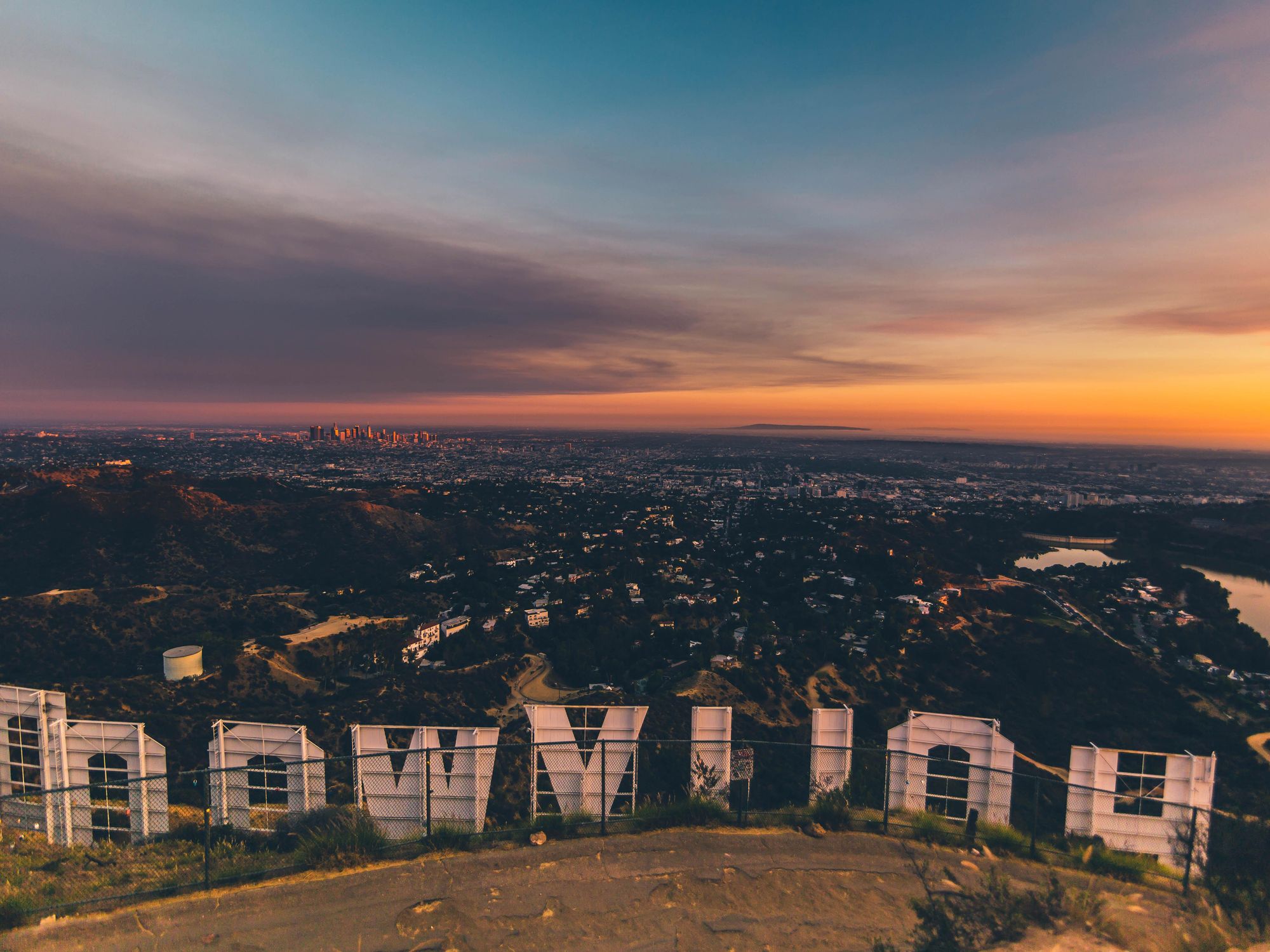Column: LA Could Be a Blueprint for What Real Estate Looks Like When Workers Return

In mid-March, a majority of companies had to send their employees home and tell them to stay there indefinitely. Most business owners were abiding by what they hoped would be a short-term situation. Few could have imagined 10 months ago that at the beginning of 2021 they would still lack a bonafide game plan to get back up and running. In fact, the longer this pandemic has dragged on, the more it's become clear that the typical, pre-pandemic workplace is not something we'll see again for quite some time.
Reflecting on what the country looks like today, it's a real possibility that in the not-too-distant future L.A. sets not only the stage but also a new standard for what a health-conscious commute and a productive work life looks like as a model for apprehensive Americans.
Commercial real estate brokers in crowded cities such as New York have heard from countless clients that the city's population density complicates matters materially. Even employers who hope to get back to the office as soon as possible are reluctant to return to buildings where they may deem it ill-advised to step into the lobby or to use the elevator to get to their desired floor. Safety comes first for everyone.
Sprawling Los Angeles, however, offers a different landscape. Downtown L.A., once abandoned by businesses in favor of other neighborhoods and nearby cities, has seen a documented boom in recent years. It's a proud home to law firms and financial companies, yet it's not by any means the only area that appeals to L.A. businesses — and that's a benefit. What makes L.A. so unique is how expansive it is. There are so many options for where to plant your flag. Being in the city center is not necessarily the best spot for most businesses. In fact, there's very much a floating 'center of town,' depending on where tomorrow's companies intend to establish themselves.
For many decades, we've heard about how the so-called hub and spoke model - having one central headquarters in the heart of the city with smaller offshoot offices in the suburbs - would be the future of commercial real estate. Last spring, conversations began to bubble up again in that direction, though those realities haven't yet manifested. Companies ultimately want to keep their teams intact and together. In cities other than L.A., if that's your intent, you're stuck with the major downtown area, and paying a steep price for it since every other organization is looking at the same limited supply of offices. But, because L.A.'s culture and infrastructure is already spread out, there's no reason to hesitate to move your office headquarters elsewhere, where it makes most sense for your company, within L.A. County's 88 cities.
Moving away from the urban center is not as much a concern for L.A.-based businesses. In fact, with the state of affairs on the ground right now, it's a major draw. The commute is proven to be employees' greatest concern. A car-dependent culture such as L.A.'s doesn't require any rethinking or rejiggering of transportation to accommodate the same transit shift that is hitting other cities so severely.
In recent years, big tech companies including Apple, Amazon, Google and Facebook have made sizable real estate commitments to shift their focus and operations, thereby considerably reimagining their local presences. Despite the ongoing pandemic, these projects are chugging along, and the payoffs begin with thousands of new jobs being created in the coming years. Expect this trend to accelerate in the future. If it's good enough for those giant tech companies, others like them will take notice, and smaller companies will follow.
For example, Hollywood is being transformed around streaming content, and it's all taking place within driving distance of the entertainment capital of the world. What's notable, though, is that these companies are deliberately choosing areas such as Culver City to stake their claims. In such a city, they have the space to put down both traditional offices and fully built-out studios where they can shoot, produce, edit and release content. Although the technology and the thinking have evolved, Los Angeles remains at the epicenter of the global entertainment industry.
That's what makes L.A. such an exciting place to be right now. With an industry in transition, it creates opportunity for others to reshape what comes next. While those types of seismic moves take time, they begin with the biggest players' real estate investments that are then quickly followed by the next crop of companies looking to find their slice of the growing pie.
While there are still challenges in the world of commercial real estate, the office is not dead. As with many other industries, commercial real estate will have to adapt and grow to the needs of businesses and entrepreneurs across all cities. But if you're trying to figure out what possibilities lie ahead, and how innovation can take place within existing infrastructure, look no further than Los Angeles.
- FAANG Will Soon Occupy 10% of L.A.'s West Side - dot.LA ›
- HelloOffice Raises $20 Million Series A - dot.LA ›
- The Future of Real Estate: Bigger Offices and Smaller Chains - dot.LA ›
- Los Angeles Commercial Rents Are Higher Than Before COVID - dot.LA ›





 Image Source: Skyryse
Image Source: Skyryse